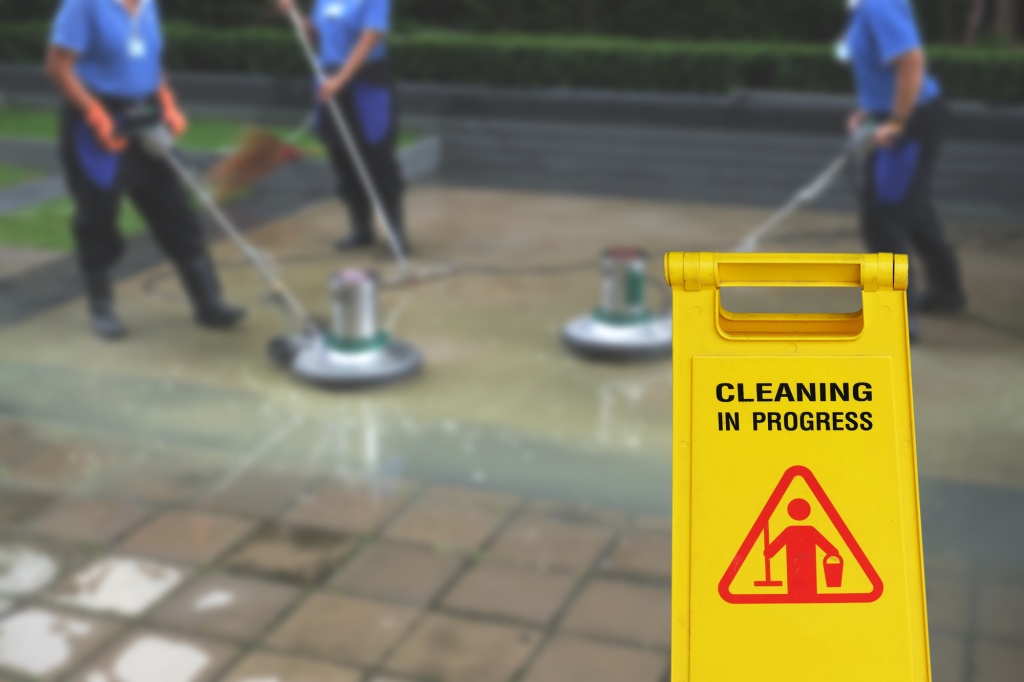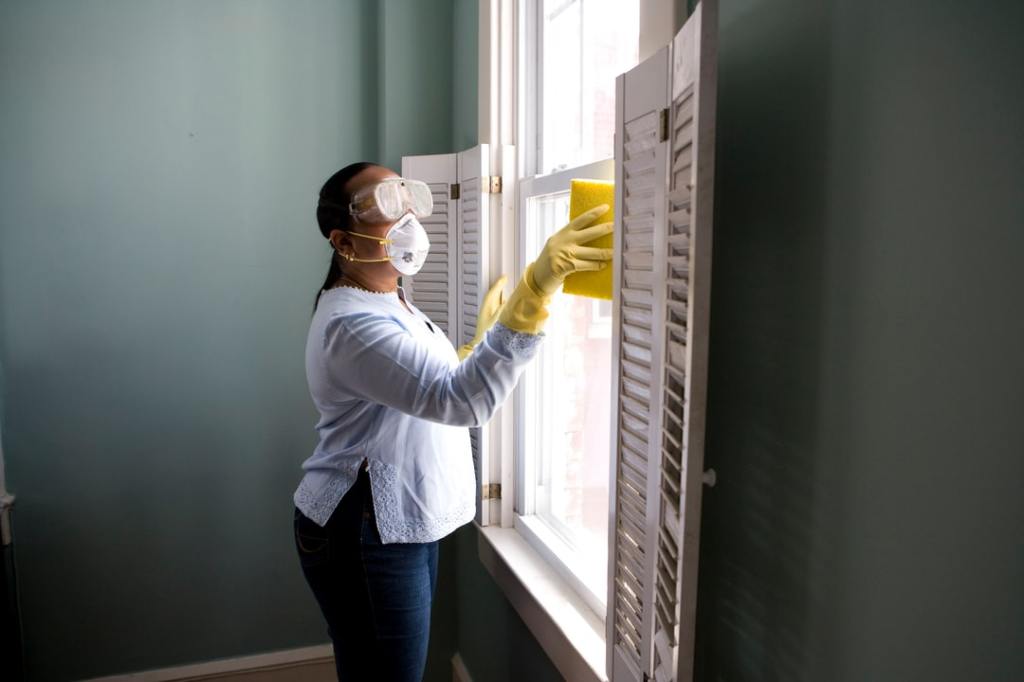
Crime scene cleanup is a generic term used to describe forensic cleaning of bodily fluids, blood, and other potentially harmful materials from crime scenes. It’s also known as forensic biohazard cleanup, as crime scenes are usually just part of the larger environmental issues that biohazard cleanup is required. Crime scene cleanup includes the removal of biohazards caused by blood or bodies, toxic drugs, and more. These materials are removed using specialized equipment. Because some crime scenes have more than one substance, the cleanup is sometimes combined with other related jobs such as waste removal and environmental cleanup. Many certified professionals are available in the market, but the Medtech Cleaners firm is the most excellent since they deliver classy crime scene cleaning services.
When you’re charged with the responsibility of cleaning up a crime scene, it can be overwhelming. There are often long and tedious tasks to complete. It’s important to enlist the help of certified professionals who know how to protect themselves and others while performing the cleanup. Here are some of the services these specially trained professionals offer:
Most companies that specialize in biohazard cleanup do so on an as-needed basis. This means they will only provide you with the service when you need it. If you have a large-scale disaster or other major event where biohazards may occur, it’s good to be prepared by hiring a company with a larger staff and more advanced techniques.
One of the most important services a professional cleaner provides is protecting yourself, your coworkers, and the public. A good company will wear protective clothing, gloves, eye gear, and other gear designed to keep you safe from bodily fluids and chemicals while cleaning. These cleaners also regularly use dust masks to protect their lungs from respiratory irritants, which can worsen eye and skin allergies. They also follow safety protocol for protecting others during the cleaning process.
A strong sense of compassion is another trait a compassionate crime scene cleanup company possesses. Often times, crime scenes include body fluids, blood, or other biohazards that cannot be cleaned by ordinary means. A good cleaner will go beyond their means to dispose of these biohazards, so that they leave no room for further contamination. Cleaners who have this trait also tend to be sympathetic toward the needs of the victim and family members, which is extremely important to a business trying to create a good impression.
There are also a variety of different job duties that the best Hoarding Cleanup agency can perform. It is important to be aware that not all cleanup companies follow the same guidelines, so be sure to ask the company what specific tasks they specialize in. There is no such thing as too many cleanup jobs at the same time, so always try to complete as many as you can within a given period. As long as the cleanup job is completed efficiently, you should be happy with your services. Contact the cleanup company that you feel most comfortable with and ensure that they are fully insured, bonded, and certified, so that your satisfaction is guaranteed. Check out this post for more details related to this article: https://www.encyclopedia.com/science/encyclopedias-almanacs-transcripts-and-maps/crime-scene-cleaning.

